
Similar Posts
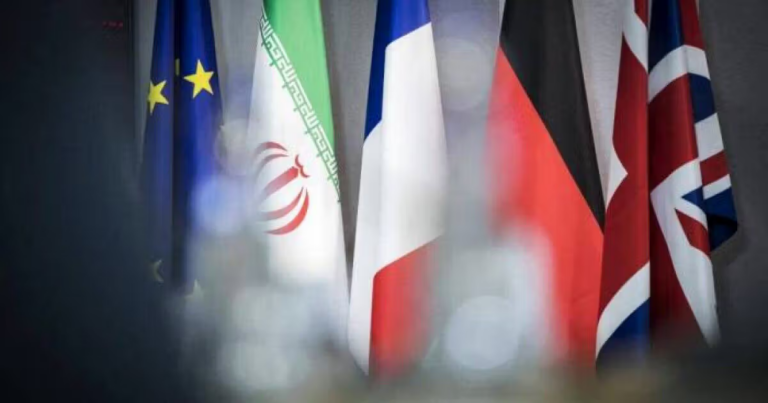
Tehran Divided: Experts Debate the Value of Engaging in Talks with European Nations
Iran’s recent diplomatic efforts to engage with European powers—specifically France, Germany, and Britain—have generated debate among Tehran’s political commentators about their effectiveness amid ongoing nuclear negotiations with the U.S. Senior diplomats met in Istanbul to discuss the 2015 nuclear deal, aiming to prevent the reinstatement of UN sanctions. Critics argue that talks with Europe are futile without U.S. involvement, while others stress the importance of maintaining these dialogues to mitigate pressure from a potential “trigger mechanism” that could reactivate sanctions. The renewed U.S. engagement has further complicated Europe’s role in the negotiations, highlighting the intricate dynamics of Iran’s international relations.
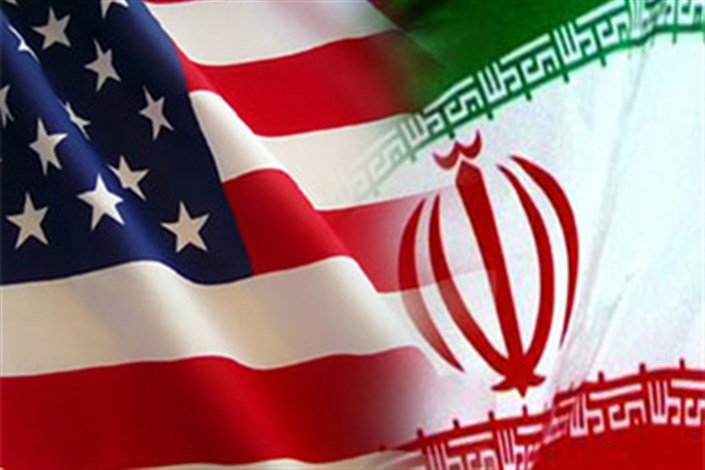
Iran and US Set for Fourth Round of High-Stakes Talks in Oman This Sunday
In a recent interview, Iranian negotiator Abbas Araghchi discussed ongoing US-Iran negotiations mediated by Oman, focusing on timelines and venues for talks aimed at addressing Iran’s nuclear program and sanctions. He emphasized Oman’s critical role in facilitating dialogue and noted Iran’s willingness to resume discussions. Although a fourth round of talks was postponed, Araghchi reaffirmed Iran’s commitment to the negotiation process despite “contradictory” US messages. He underscored the importance of transparency and principled positions in negotiations. The outcome of these talks is pivotal for regional stability and international relations, with the global community closely monitoring developments.
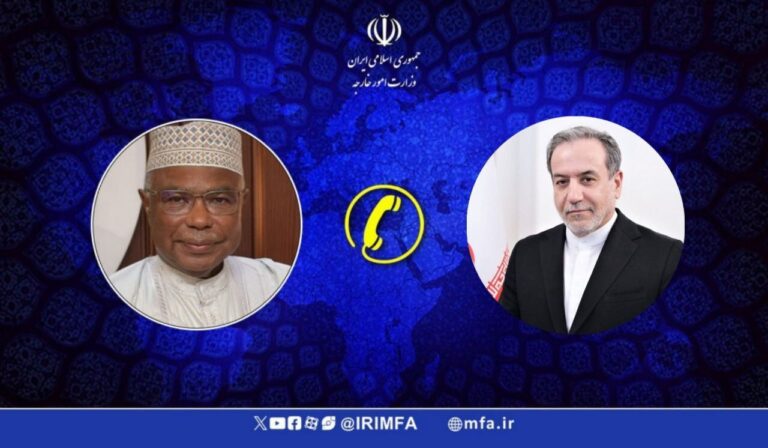
Iran Urges Urgent OIC Summit to Address ‘Threatening’ Gaza Crisis
Iran has condemned a U.S.-Israeli plan to forcibly relocate Gaza’s inhabitants, calling it a “dangerous” initiative that threatens regional stability. Foreign Minister Abbas Araghchi urged an extraordinary meeting of the Organization of Islamic Cooperation (OIC) to address this issue and advocate for Palestinian rights, including self-determination. He labeled the relocation scheme as a crime akin to genocide. OIC Secretary-General Hussein Ibrahim Taha supported the call for a meeting. Meanwhile, U.S. President Donald Trump’s recent proposal to take over Gaza as a tourism hub has sparked international outrage, prompting protests against the notion of displacing Palestinians.
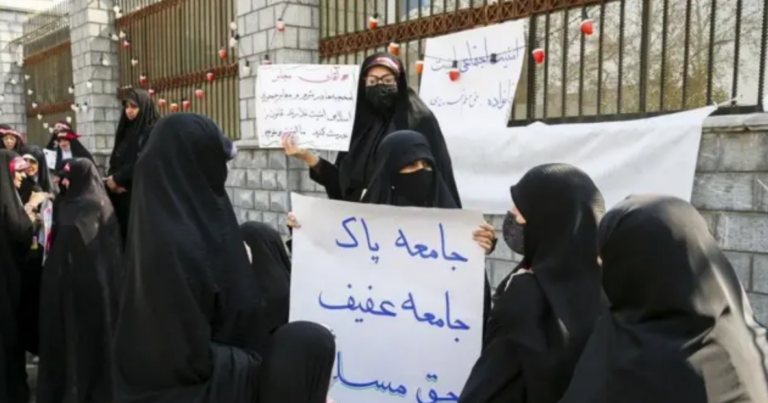
Tehran Deputy Governor Justifies Strong Response to Pro-Hijab Sit-In Amid Rising Tensions
The mandatory hijab protests in Iran have intensified discussions about law enforcement and public gatherings. Tehran’s deputy governor, Hossein Khosh-Eghbal, defended police actions against unauthorized sit-ins outside parliament, emphasizing strict regulations on protests. This comes amid tensions over a new hijab law, passed in September 2022 but delayed due to backlash. Reports indicate police forcibly dispersed protesters, with some claiming they were removed and abandoned. The crackdown has drawn mixed reactions, with some conservatives criticizing police actions while others support them. This situation underscores the ongoing struggle for women’s rights and the complex relationship between state authority and civil liberties in Iran.
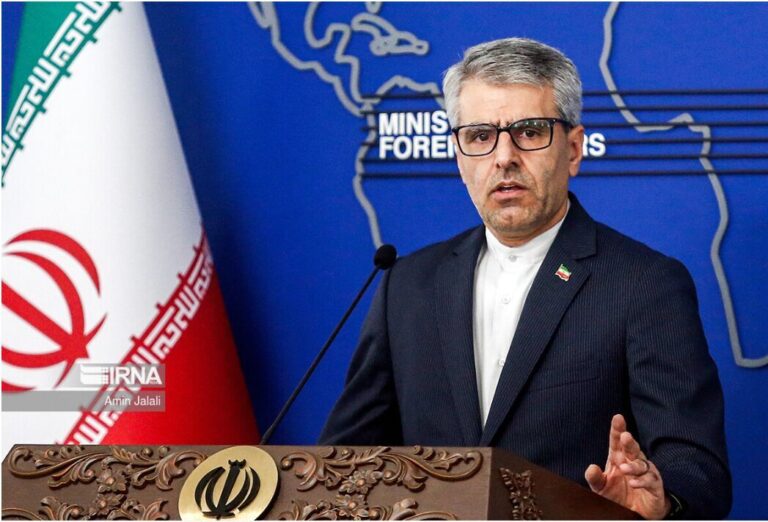
Tehran Slams U.S. for New Sanctions Targeting Iran’s Oil Industry
Please provide the news content you’d like me to summarize, and I’ll be happy to help!
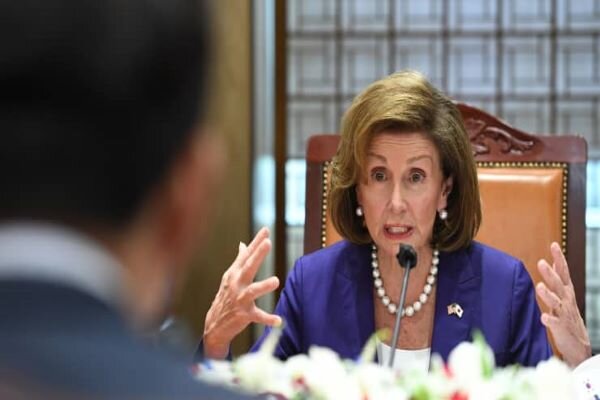
Pelosi Responds to Explosive Trump-Zelensky Clash: What It Means for U.S. Politics
Former House Speaker Nancy Pelosi criticized President Trump for his “shameful display” during a recent meeting with Ukrainian President Volodymyr Zelensky. She suggested Trump’s behavior pleased Russian President Vladimir Putin and highlighted a troubling pattern in U.S. foreign policy. The meeting began positively but escalated as Trump accused Zelensky of ingratitude and lacking leverage in peace talks. Zelensky countered by addressing Putin’s refusal to cooperate and warned that the U.S. may not fully grasp the conflict’s devastation. The tense exchange raised questions about U.S. support for democracy and the complexities of international diplomacy amid ongoing tensions in Eastern Europe.